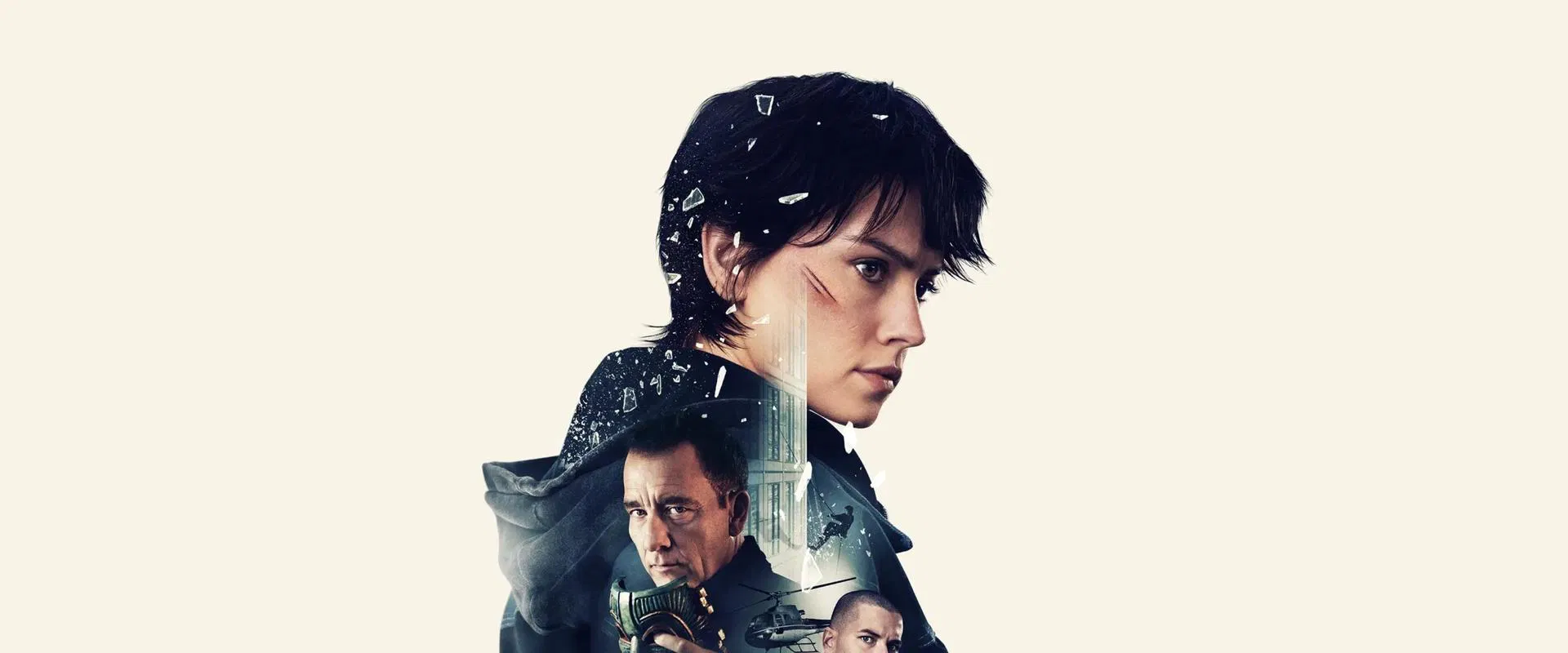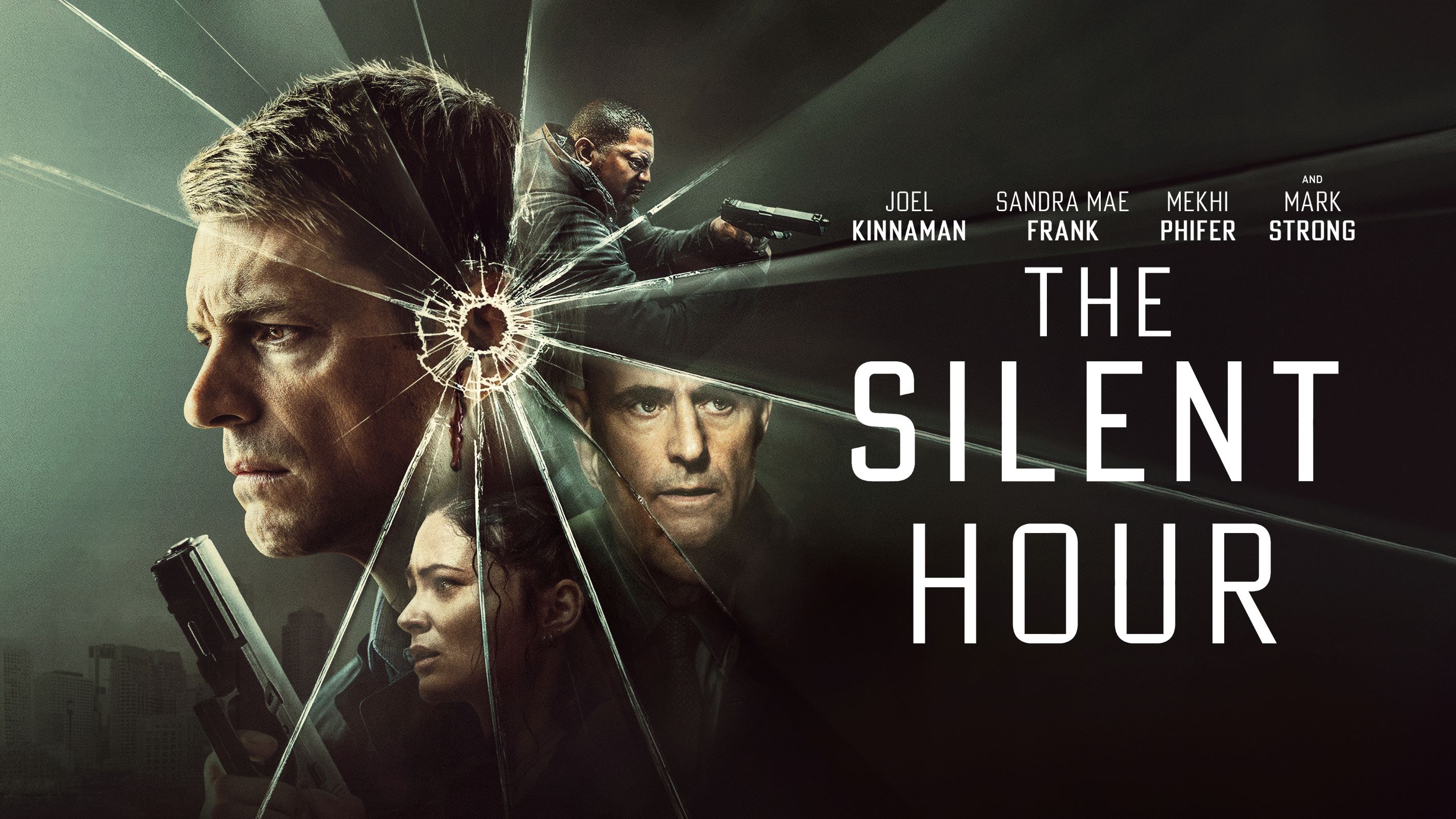Just when I thought Martin Campbell had hit rock bottom with Dirty Angels, he’s here holding a pickaxe and a Windex bottle—eager to show us there’s still a few nihilistic layers of schlock to be excavated. Cleaner, the glumly titled thriller that lands with a persuasive thud in the cinematic calendar of 2025, is—let’s be fair—marginally less apocalyptic than last year’s disaster. But that’s only because, after Dirty Angels, even an hour trapped in an actual landfill would feel “kind of a mess” but oddly refreshing.
So—here is Campbell again, throwing his golden years at the altar of second-rate Die Hard knockoffs, his camera competence militantly subletting itself to narratives that should have gone straight to the bottom shelf of a Blockbuster Video circa 2003. Once again, he assembles ingredients that, on paper, ought to work: Daisy Ridley! Clive Owen! An eco-thriller in the glass towers of Canary Wharf! Instead, we get a soup so flavorless it could only have been seasoned by the world’s most bored chef; nothing of merit, nothing of consequence, the kind of movie you watch with a vague sense of tragic inevitability.
Daisy Ridley is, for her part, perfectly game—she can sell world-weariness even when the script is slipping off its own ledge. She plays Joey, a failed soldier turned skyscraper window cleaner, saddled with a traumatic backstory and an autistic brother she cares for with an air of duty so grim it makes you long for the cartoonish “feminist rage” of Eva Green’s Jake in Dirty Angels. At least Jake was fun to mock—Daisy’s Joey is just there, hanging motionless outside a building for a small eternity. The script keeps her dangling—quite literally—while all the alleged action gases itself up inside and we’re left with an expository fog thick enough to shave with.
To its credit, Cleaner does (barely) muster a pulse in its second half. If, after 70 glacial minutes, you’ve managed not to leap from the balcony yourself, you will be treated to Joey’s late-inning action spree, blasting her way through eco-terrorist goons as if someone behind the camera briefly remembered that Martin Campbell once directed things called GoldenEye and Casino Royale—films where action scenes were shaped like real scenes, rather than rolling PowerPoint presentations. But the first hour is an animated hostage crisis with all the suspense of an elevator documentary. Joey’s trauma, the brother’s activism, corrupt energy billionaires, social media subplots—they all stack in a way that suggests great seriousness but play out with the dramatic wattage of a utility bill.
Clive Owen, that giant once luminous even amid lesser fare, pops up ostentatiously on the poster as if to lend gravitas, but it’s all a mischievous bait-and-switch. Five seconds—no, really, you could blink and miss it—before he’s shot dead. His cameo is equivalent to a roadside prank gone wrong. The real mystery is how someone who starred in Inside Man and Children of Men finds himself here, dispatched so fast the catering service probably didn’t notice he left.
The villain—Taz Skylar, who may have spent more time prepping his Sanji kicks than learning how to animate a terrorist—leads a gaggle of eco-crusaders so flat and unthreatening that they’re upstaged by the clunky jargon in the company gala. Campbell lets his actors marinate in a sea of clichés (dead man’s switches, USB drives, YouTube exposés) until they’re so pruned you expect Hume the police lead to offer everyone a hot towel and a biscuit.
Yet, for all my righteous anger, it must be said: Cleaner is not quite the cataclysm that Dirty Angels was—at least here, Campbell mostly remembers that cameras still capture faces as well as explosions. There are flashes—very brief, but real—of action direction that remind you, if only for one scene, that he's the man the next Bond reboot will eventually call. Martin, please, stay close to the phone. We need you fresh when that day comes, not half-numb from shuffling through Netflix’s reject bin.
But for now, he’s stuck, and so are we. Watching Cleaner is like picking at the bare white chicken breast of action cinema: bland, tolerable in small bites, but never, ever satisfying. You’ll leave not traumatized but unseasonably smooth-brained, ready to forget you ever spent an evening with this flavorless flotsam.
Cleaner is, in short, a film you’ll forget before you finish your next pint—a minor improvement over 2024’s atrocity, but hardly the comeback act anyone with a pulse or a history book wanted. Don’t expect tidiness. Don’t expect any lasting pleasure. Watch if you must, but don’t be surprised if you find yourself, within days, wondering if the whole experience was just a streak on the window of your memory, wiped away before the credits finished rolling.


